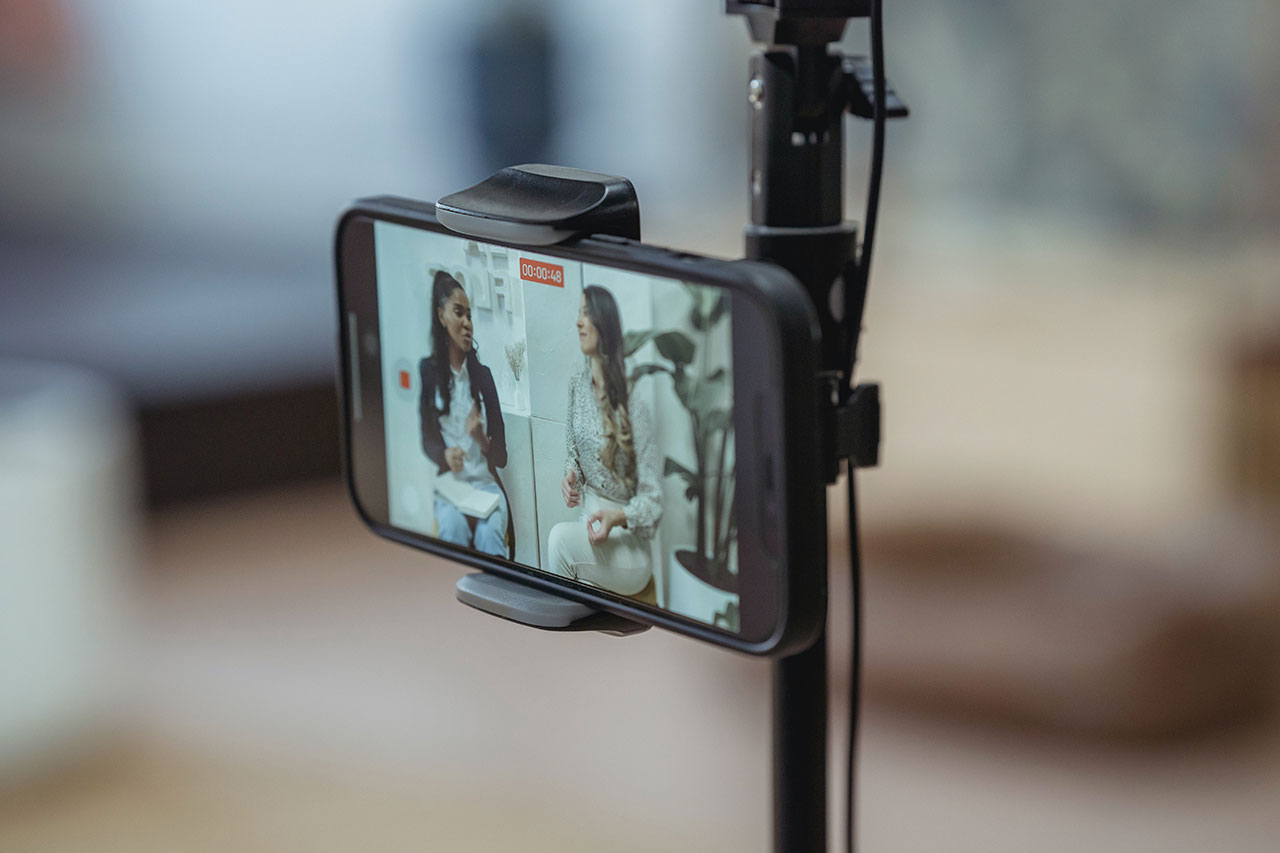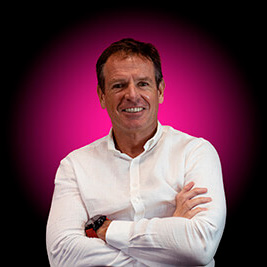Effective Influencer Campaign Management Strategies

By Pieter Groenewald
A major factor in this tumultuous state of play has been the rise of digital, which has challenged and inspired marketers, media planners, buyers, and strategists, to look beyond traditional media channels to incorporate digital media channels through which they can communicate with their target audience.
While the adoption of digital channels (which themselves are ever-evolving) requires marketers to be more tech-savvy and trend-aware, “traditional” skills such as communication, creativity, adaptability, reporting, time management, and teamwork, remain pivotal.
As the biggest consumers of online content, and experientially aware of the advantages both traditional and digital media spaces bring, young people, find themselves well-positioned to take up positions as brand managers, influencer managers, and social media specialists.
Pieter Groenewald, CEO of Influencer Marketing Group, Nfinity Influencer, which includes theSalt, says: “The shift in focus towards digital media is not to suggest that there is no place left for traditional media in the marketing mix – indeed, there are many marketers who include radio, television, and out-of-home advertising, when the budget and scope allow”.
Groenewald adds: “However, the reality of the media shift means traditional media is no longer the “be all and end all” of marketing campaigns.
“It’s widely believed that for a traditional media campaign to yield the best possible results, it must run in conjunction with digital.”
“Since the start of the pandemic, which kept people at home and online, digital media advertising is increasingly being seen as a ‘go to’ channel by a number of brands and businesses.”
Groenewald also says: “Influencer marketing, in particular, has taken traditional word-of-mouth marketing and elevated its potential impact, delivering exponentially greater reach and higher engagement than could ever hope to be achieved traditionally.”
The repercussions of these changes can be felt in almost every area of media and marketing, from the career opportunities available to the skills individuals need to succeed in those roles.
Groenewald outlines three of the booms in opportunity that the digital shift brings, and how young people can be positioned, through their digital literacy and upskilling, to best take advantage of them.
Self-expression is a skill. Because of the rise of the Internet, and social media specifically, humanity is creating and consuming online content more easily and efficiently than ever before. The proliferation of content (for marketing purposes and otherwise) calls for increased creativity from individuals and businesses alike, while the tools of creation have been placed into the hands of everyone. Increased access to creative tools, and the rise of the levels of influence of individual personalities, has empowered young people to express themselves in new and exciting ways online, while honing many of the creative and strategic skills they need to find work in the digital media industry.
A self-made (digital) success. Influence is nothing new; humanity has long seen its share of influential individuals. What has shifted in the digital age, however, is how individuals become influential, and the possibilities their influence brings. Increasingly, we’re seeing content creators, such as influencers, turning their presence and activity online on sites such as TikTok, YouTube, and Instagram, into a full-on career with which they’re able to earn an income. And with growing interest from brands and businesses in the high value of engagement from nano- and micro-influencers, the good news for aspiring content creators is that they don’t need to wait for ten thousand followers to get started.
Traditional skills still count. While the horizon for marketers has broadened beyond the traditional media options, the skills associated with traditional marketing remain highly valuable for positions within the digital media space. While the platforms used, audiences reached, and engagement analyses may differ, there remains a need for people with a good eye for design; who want to understand and analyse consumer behaviours; and who want to achieve the best results through their strategy. This means that those who wish to make their mark as an influencer manager, social media manager, or digital marketer, will still do well to hone the more traditional skills (such as strategy development, reporting, copywriting, direct marketing, and public relations) and ensure they remain dynamic in their ability to devise the best possible media strategy for the brands and businesses they work with.
The shift in media strategy, and the evolving dominance of digital, is an ongoing process that will continue to challenge the traditional, while opening the arena for new opportunities – and entirely new careers.
With no sign of a slowing of this evolution, things like digital literacy and the ability to adapt and innovate in a constantly changing landscape, are a must for anyone looking to work in the modern media space, in every role from influencer to designer, copywriter to media buyer.
Find this content useful? Let's connect.
Building real connections with your audience starts with you and theSalt lets chat

Pieter Groenewald
A qualified CA who fell in love with the media world, for the last 11 years, Pieter’s focus has been Influencer Marketing as the CEO of SA’s #1 Influencer Marketing Group at Nfinity. Pieter founded theSalt, the first to market nano influencer channel in SA, currently being rolled out globally.